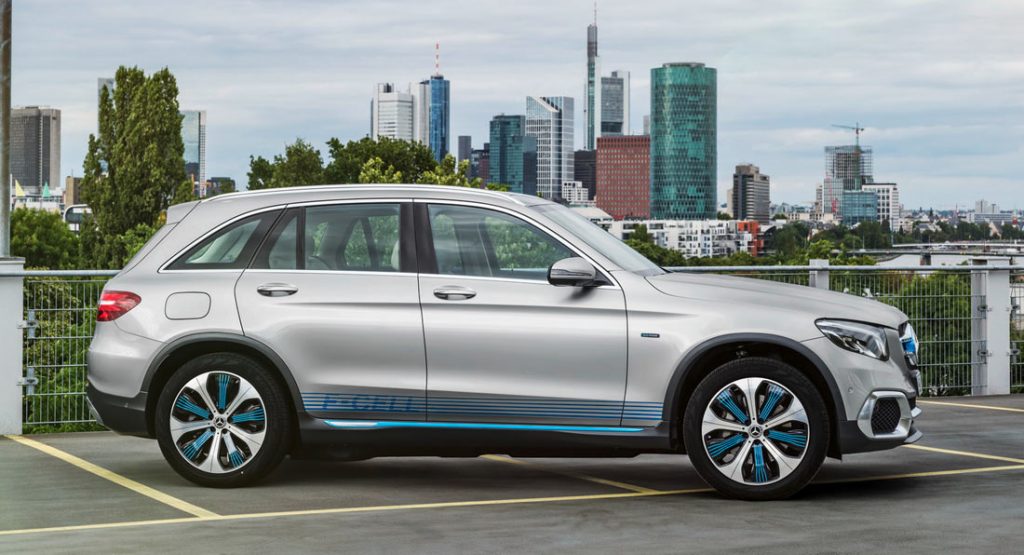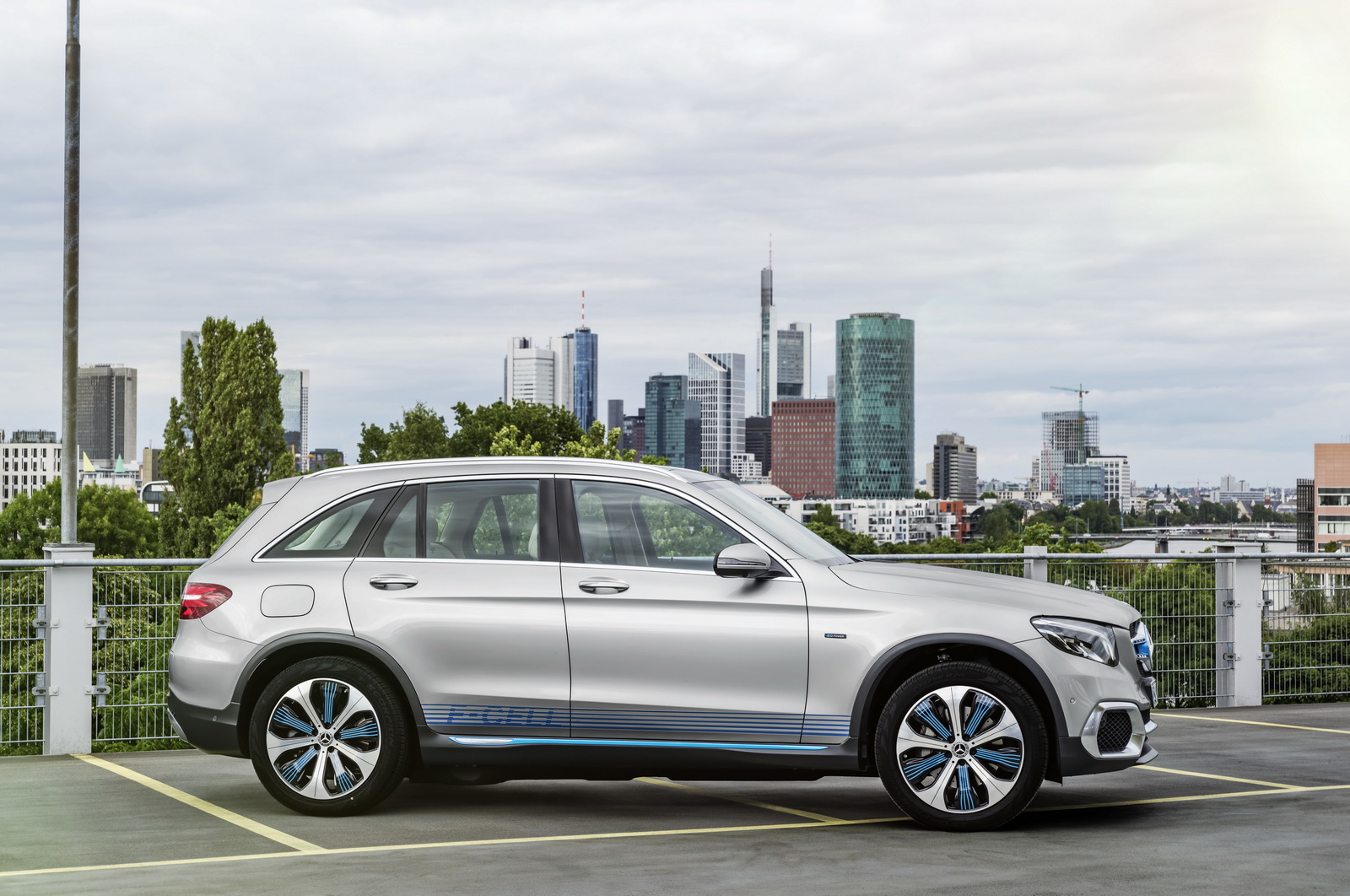Ford and Daimler are preparing to close their joint venture that’s been developing fuel cell technology.
Reuters reports that the Automotive Fuel Cell Cooperation Corp will close down this summer, as the two automaker’s opt to bring the development of hydrogen technologies in-house.
Ford “will take fuel cell stack development in-house, as well as leverage the supply base, and close Automotive Fuel Cell Cooperation Corp. by summer 2018,” the company said.
“Both companies will continue to explore ways to cooperate on developing fuel cell stack modules.”
Do fuel cells have a viable future?
Although the carmakers say they will continue working on fuel cells, it remains to be seen how committed either of them are. Earlier this year, Daimler chief executive Dieter Zetsche indicated that the company was stepping back on its development of fuel cell vehicles in favor of battery-electric cars. With this in mind, the firm’s GLC F-Cell will indeed reach the market, but be reserved to fleet operators.
Similarly, Ford doesn’t appear as committed to hydrogen vehicles as it once did. Last year, former chief technology officer Raj Nair said fuel cell technology is developing in a very disjointed way.
Many carmakers remain hopeful that hydrogen vehicles will have a future alongside EVs. Included among these are Honda, General Motors, Toyota and Audi.






